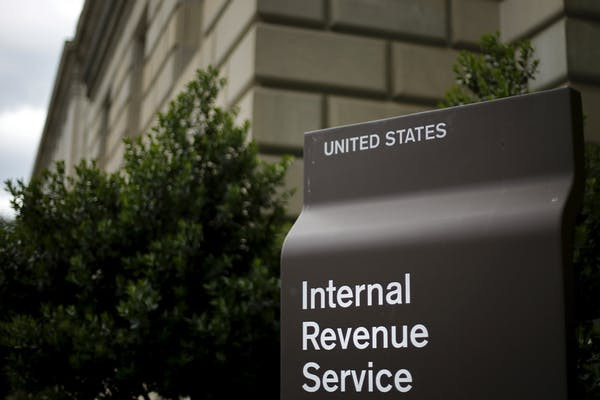The Internal Revenue Service (IRS) is intensifying its focus on wealthy Americans who have bypassed their tax obligations, signaling a renewed commitment to ensuring compliance among high-income earners. In a recent announcement, the IRS disclosed its plan to dispatch a series of letters to affluent individuals who have not submitted federal tax returns since 2017. This initiative marks a significant step in the agency's broader strategy to enhance tax enforcement and recover hundreds of millions in unpaid taxes.
Starting this week, the IRS will begin sending letters, formerly known as CP-59 notices, to high-income non-filers, targeting those with annual earnings ranging from $400,000 to over $1 million. According to IRS Commissioner Danny Werfel, the agency aims to issue between 20,000 and 40,000 letters weekly, urging recipients to promptly address their tax filing deficiencies to avert further penalties and potential enforcement actions.
The move comes against the backdrop of what Werfel described as "historically low audit rates" among the wealthiest taxpayers and large corporations. Data from the IRS indicates a significant decline in audit rates for individuals earning $1 million or more, dropping from 7.2% in 2011 to a mere 0.7% in 2019. This trend underscores the growing need for the IRS to bolster its enforcement mechanisms and ensure equitable tax compliance across all income brackets.
The IRS's enforcement strategy includes not only targeting non-filers but also addressing various forms of tax evasion among affluent individuals and businesses. Recent efforts have included initiating audits for misuse of company jets for personal travel, a common tax avoidance tactic among the wealthy. The agency plans to conduct dozens of audits in this area in the coming weeks, highlighting its commitment to closing loopholes and enhancing compliance.
The renewed focus on high-income non-filers is part of a broader initiative fueled by approximately $60 billion in additional funding allocated to the IRS over the next nine years, as stipulated by the Inflation Reduction Act. This infusion of resources is expected to empower the IRS to pursue non-compliance more aggressively, reversing a trend of diminished enforcement due to staffing and budget constraints.
For those identified as non-filers, the implications extend beyond receiving a notice. The IRS warns of escalating penalties, including the possibility of criminal prosecution, and the potential creation of substitute tax returns based on available third-party data. The agency encourages individuals who have not filed to seek professional tax assistance to rectify their situation and fulfill their tax obligations.
As the IRS embarks on this new wave of enforcement, the message to wealthy non-filers is clear: the agency is taking decisive action to ensure compliance and recover unpaid taxes, signaling an end to the era of sporadic enforcement and underscoring the importance of fulfilling tax responsibilities, regardless of income level.






